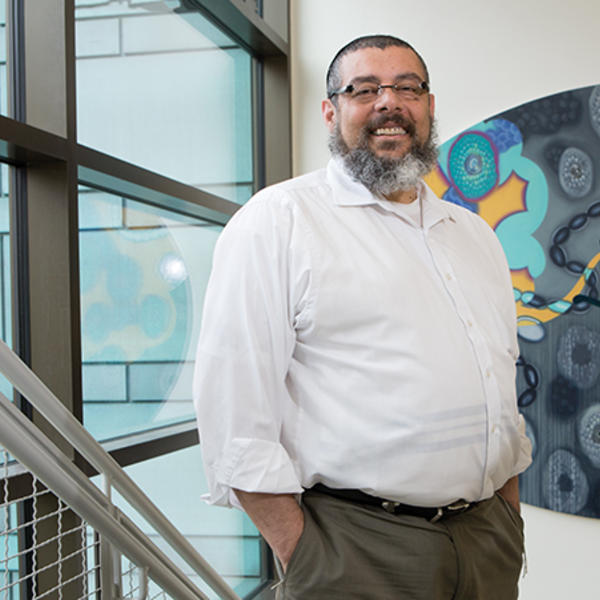The success of the Chernobyl TV drama has led to a rise in the number of people wanting to visit the site of the 1986 catastrophic nuclear accident, with some travel agencies reporting as much as a 40 percent rise in bookings because of the series. But what is it that attracts people to a dangerous place like Chernobyl?
In an interview with BBC 5 Radio's Rhod Sharp, Daniel Bitran, professor of psychology at Holy Cross and a neuroscientist by training, explores the concept of "dark tourism," described as "an interest in locations that are associated with human suffering and death."
According to Bitran, at the very root of the interest for dark tourism is "an attraction to that which is forbidden. It creates a sense of excitement that people go after, very much similar to wanting to skydive or bungee jump."
Bitran, who along with Professor Thomas Doughton, leads a transformative month-long study-abroad trip to a number of Holocaust sites throughout Central Europe every summer, advises against offering up too much information at these sites.
"When there's a lot of information thrown at you, as we might see in Chernobyl today, people then get the feeling that they're in a museum, and that perhaps some of the attractions aren't real, that they have been staged, which can encourage disrespectful behavior," said Bitran.
You can listen to the interview on BBC.co.uk starting at 2:14:53.
Related Coverage:
- The Conversation: Why tourists go to sites associated with death and suffering
